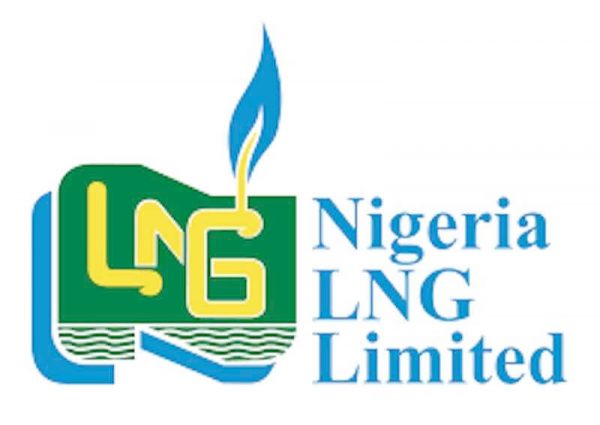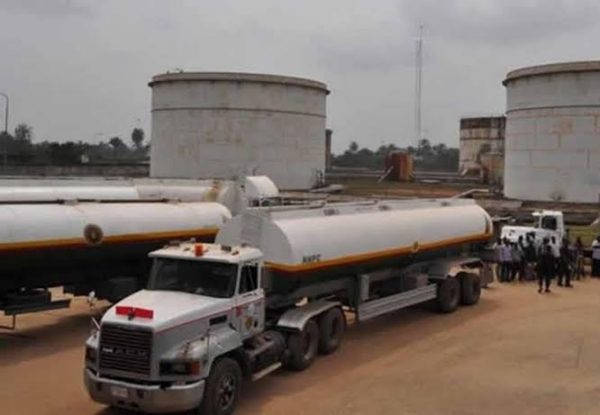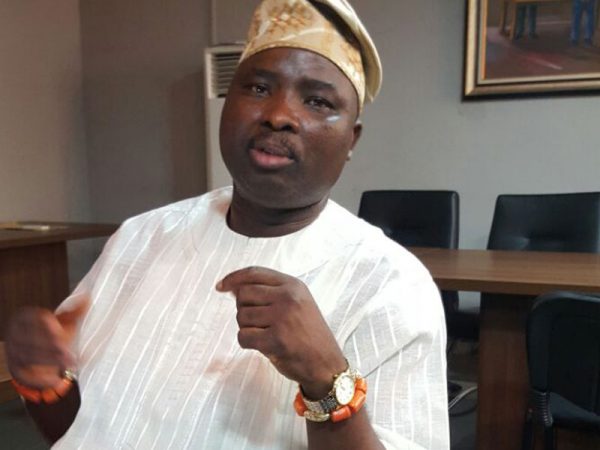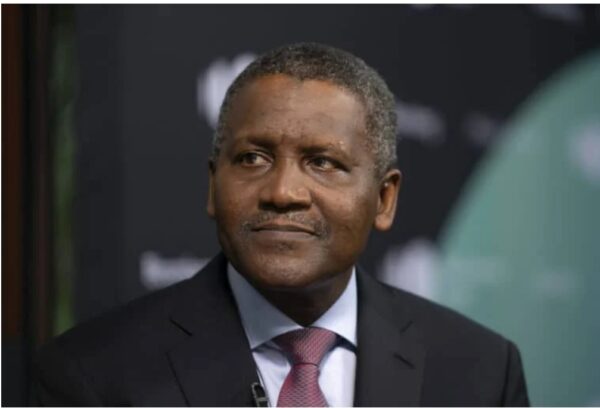NLNG silent as gas marketers clash over consumers extortion
The Nigerian Liquefied Natural Gas Limited has remained silent in the face of current altercation between gas marketers over price.
Gas marketers had, last week, attacked each other following the increasing prices of gas across the country.
Trouble began when the President, Nigeria Liquefied Petroleum Gas Association Nuhu Yakubu, during a courtesy visit to former President, Olusegun Obasanjo, ascribed increasing gas prices to the price of US dollar.
“So, once you have the US dollars rise or increase, it is only logical that it will affect the retail price,” he said.
In a counter reply, however, members of the Nigerian Association Liquefied Petroleum Gas Marketers (NALPGAM) said the NLNG had been responsible for total local market supplies, adding that no marketer had been able to import products due to Forex scarcity.
President, NALPGAM, Oladapo Olatunbosun, had alleged that NLPGA inflated the price of a 20metric tonnes(MT) by 100 per cent.
According to him, gas importers who were members of NLPGA sold to plant owners at N12.7m per 20metric tons (MT) despite purchasing the product at around N7m per 20MT from NLNG and other local producers.
Executive Secretary, NALPGAM, Bassey Essien, also confirmed the development to media correspondent during a telephone interview on Tuesday.
While NALPGAM is the association of indigenous private companies with operating gas bottling plants with membership spread across the country, the NLPGA is the umbrella body of all stakeholders including importers, skid owners and also players in the LPG sector in Nigeria.
According to him, cooking gas as of Monday, May 23, was N750 per kilogram (Kg) at the depot and was sold at N800/kg at the retail end in Lagos, Ogun and some states in the South-West, while the same quantity went as high as N900 to N1000 per Kg at retail end in Gombe and Bayelsa and other states.
He said, “It does not make economic sense to be supplied with a receipt of around N7 million per 20MT and sell to consumers at the same price that imported LPG landed in Nigeria.
“Give us the exact figure of LPG your members got from NLNG. We are aware that the local consumption of cooking gas has dropped from 1.2 million metric tonnes per annum(mmtpa) to around 750,000mtpa out of which about 600,000 mtpa is supplied by local producers.
Following the altercation between the groups, The media source reached out to the external relations department of the NLNG for its response to the pricing dispute.
However, our correspondent met a brick wall as the company said it could not disclose price at which it sold to depot owners.
“NLNG is unable to comment on your enquiries given that the confidentiality provisions of its commercial agreements prohibits disclosure of commercially sensitive information to non-contractual parties,” General Manager, External Relations & Sustainable Development, Andy Odeh, told The media source in an email reply.
Findings showed that national demand for cooking gas has dropped by 38 per cent in the last one year due to high prices.
NALPGAM President, Olatunbosun, said gas demand had dropped from 1.2 million metric tonnes per annum (mmtpa) to around 750,000mtpa.
Nigeria has been described as a gas country with approximately 207 trillion cubic feet (Tcf) of proven gas reserves, ranking 9th in the world and accounting for about 3 per cent of the world’s total natural gas reserves of 6,923 Tcf. Nigeria has proven reserves equivalent to 306.3 times its annual consumption.
Reacting to NLNG’s silence on its selling price of gas to depot owners, oil and gas lawyer and expert, Ayodele Oni, said despite gas being an internationally priced commodity, it was erroneous for the price at which the product imported is sold to be the same as the price of locally sourced ones.
“It would be needful for NLNG to give the domestic market the required metric tonnes and export the rest , instead of exporting the same, only for the country to import it back. “That being said, if the NLNG refuses to disclose its contract details with the depot owners, it would certainly be on the premise of a non-disclosure obligation binding on them. Thus, neither they nor the depot owners may be expected to disclose such details,” he said.
Oni noted that the masses could only hope that value of naira would improve.
“For now, what ordinary citizens can hope for is that the value of the naira will improve in good time, and the price drops at the international market. Hopefully, the FG will remove the recently reintroduced value added tax, deregulate the sector and allow for full domestication of the LPG sector,” he said.
Communications and energy expert, Dr. Dauda Garuba, said NLNG’s refusal to disclose price sold to depot owners pointed to lack of transparency.
“There is obviously no transparency in the ongoing transactions between NLNG and Gas depot owners. Both parties are not coming out clean to Nigerians. Ordinarily, consumers are entitled to information about the gas market so they can analyse and draw informed decisions about the justification and otherwise for the soaring gas price.”
According to him, although the gas market may be responding to events at the international market, government needed to update the masses with information on the changes.
“Deriving from recent development in the energy sector in which deregulation policies of demand and supply are being vigorously pursued in Nigeria, there is a high probability that the gas market is responding to global market forces now further deepened by Russia/Ukraine war. The government owes Nigerians an explanation on this,” he said.
Educationist and communication expert at the Pan Atlantic University, Lagos, Dr. Austin Nweze, described NLNG’s silence as conspiration of the elite.
“This is a conspiration of the elite to make sure that the masses are kept down while they benefit. I just bought a 12.5kg gas today for N9,500, and I wasn’t happy. Now people are saying anybody that can afford a 12.5kg gas is rich.
“Since NLNG doesn’t want to talk now, they will still have to talk. However, I think price of gas should also be regulated like that of petrol. The elite are not happy that the masses are alive, and if we talk, they will find a way of shutting us up. This is definitely a conspiracy of the elites,” he said.








